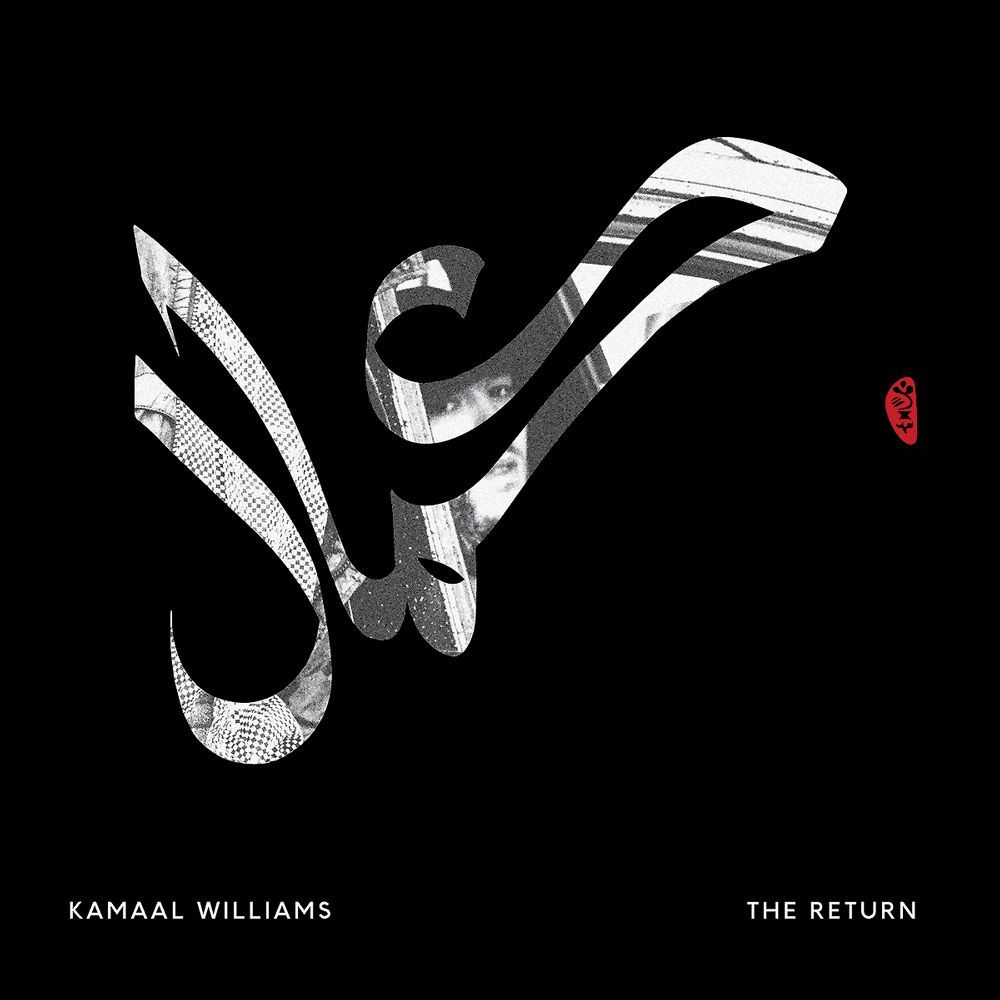If somebody were to surreptitiously start playing Kamaal Williams' solo debut album, 2018's The Return, and then assert that it was a vintage "library music" LP of '70s instrumental jazz-funk (the kind of stock commercial recording intended to evince a popular sound of the era, recorded by studio musicians for general licensing to radio, film and TV, only to be rediscovered decades later by hipster crate diggers and vinyl addicts), you'd have no reason to doubt the veracity of the claim. Except of course, The Return, while vintage in aesthetic, is anything but stock. On the contrary, the London-based Williams (a keyboardist who has also produced music under the name Henry Wu), has crafted a vibrantly fractured, psychedelia-dipped, groove reverie in which he and his bandmates, drummer Joshua McKenzie (aka McKnasty), bassist Pete Martin, and sound engineer Richard Samuels, dive headlong into a series of deeply organic jams. It's a jazz-funk dream that picks up where Williams left off with 2016's Black Focus, his similarly funky duo collaboration with drummer Yussef Dayes. Primarily, these are mood-setting sketches, full of rich keyboard harmonies and layered drum and bass interplay. Cuts like "Salaam," "High Roller," and "Rhythm Commission," showcase Williams and his band's knack for dropping bass- and keyboard-heavy hooks, rhythm section motifs that sound like the intros, or hot mid-sections to songs by such classic funk icons as George Duke, Herbie Hancock, and Eddie Henderson. Similarly, "Medina," with its wave-like 3/4 time signature and woozy organ backdrop, brings to mind classic late-'60s Impulse label jazz recordings. That said, one of the best aspects of The Return is how balanced the songs feel, weaving in bits of modern electronic dance and hip-hop flourishes as on the stuttering, breakbeat-infused "Catch the Loop" and the equally kinetic "Broken Theme." While The Return implies, and often delivers on, Williams' clear desire to recapture the plasmic spirit of vintage '70s jazz-funk, the album is less a return to past traditions, and more of a rebirth. ~ Matt Collar
